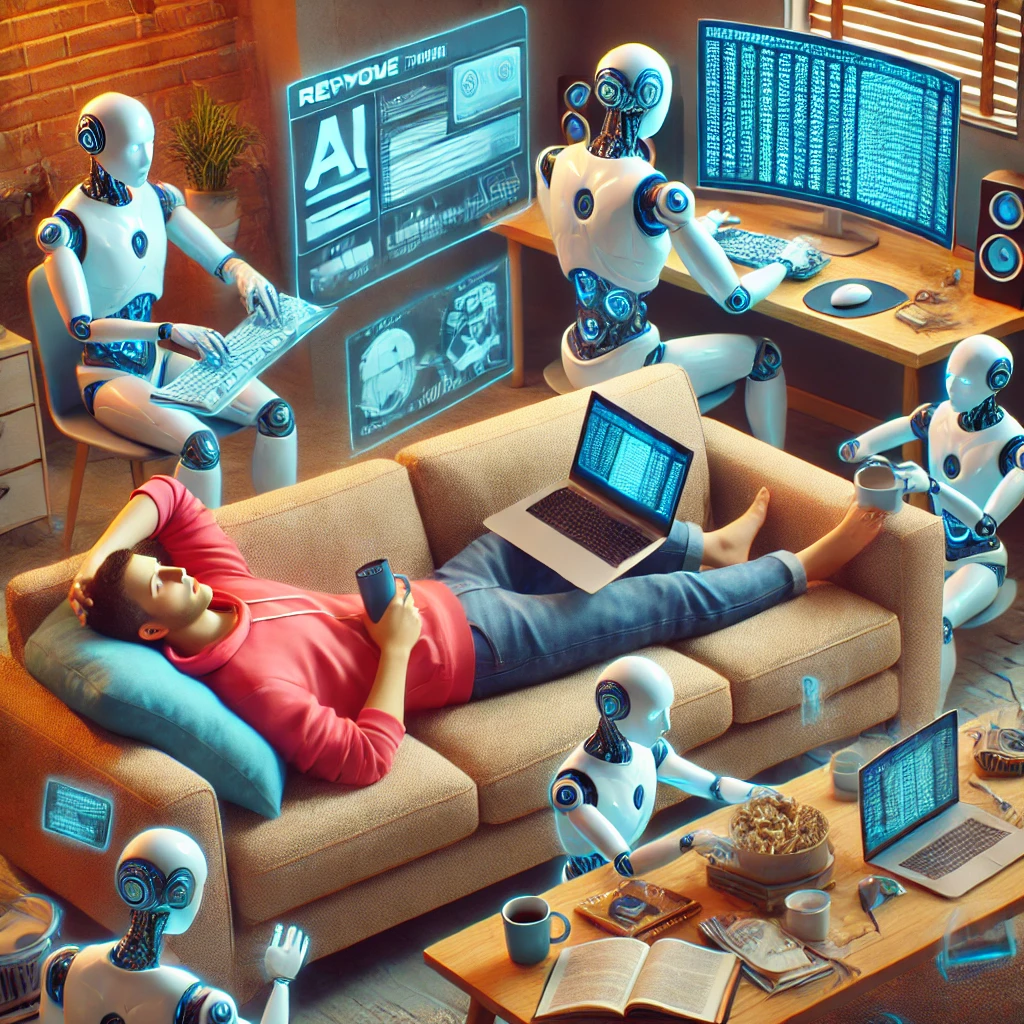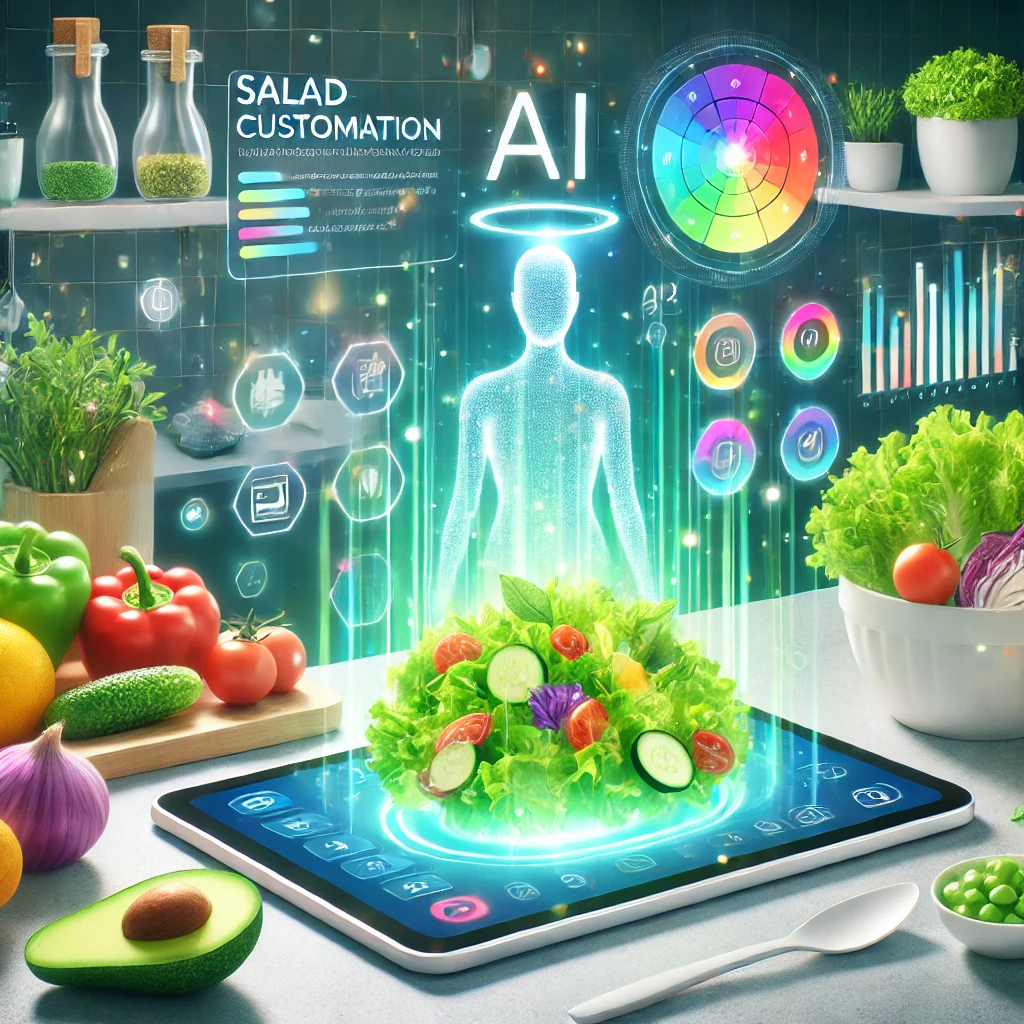AI and the End of Busyness: Why Embracing Innovation is the Path Forward
In today’s workplace, busyness has become a badge of honor. Ask a colleague how they’re doing, and they’ll likely respond with some variation of “I’m so busy.” We’ve come to equate busyness with value, importance, and success. But with artificial intelligence (AI) revolutionizing the way we work, this cultural attachment to busyness is on the brink of extinction.
The rise of AI is reshaping the very definition of productivity, urging us to rethink our relationship with work and prioritize innovation over the illusion of busyness.
AI Unmooring Work from Time
Imagine you’re a lawyer billing $400 an hour. Traditionally, a large portion of your workday would be consumed by labor-intensive tasks like reviewing documents and drafting contracts. But today, AI tools can automate these processes with remarkable efficiency, completing hours of work in mere seconds while reducing error rates by up to 90%.
AI isn’t replacing lawyers entirely, but it is fundamentally changing their roles. Instead of focusing on repetitive tasks, lawyers can now direct their attention toward strategic decision-making, negotiations, and other higher-value activities. However, roles like paralegals—whose responsibilities align closely with tasks AI excels at—are more likely to be displaced.
This shift is not limited to law. AI’s ability to automate complex tasks is transforming industries across the board. Work is no longer tethered to how many hours it takes but to the value it creates. The era of busyness as a virtue is drawing to a close.
The Anxiety of Productivity
For many, this transformation brings anxiety. If AI can accomplish in seconds what once took hours, what will workers do all day? How will they stay necessary? What happens to jobs when work becomes untethered from time?
These fears highlight a flaw in how we currently measure productivity—valuing the number of hours worked over the quality of output. Our culture prizes overwork and equates being busy with being important. But this fixation on busyness stifles innovation. When we’re consumed by “what must be done,” we have little bandwidth to explore “what could be possible.”
AI forces us to confront these outdated perceptions of productivity. By automating repetitive tasks, it creates opportunities to shift from a culture of busyness to one that prioritizes creativity, collaboration, and problem-solving.
A New Model for the Future of Work
Organizations face a pivotal choice: embrace the transformative potential of AI or cling to outdated metrics of success. Businesses that adapt to this new reality by transitioning from time-based productivity to value-based productivity will thrive.
Key Steps for Organizations to Embrace AI’s Potential
- Reinvest in People and Innovation
Instead of cutting costs by downsizing, forward-thinking organizations should reinvest freed-up resources into innovation. Allocate employees’ newly available time toward strategic initiatives, creative problem-solving, and exploring untapped opportunities. - Redefine Productivity Metrics
Move away from tracking hours worked or surveillance tools. Instead, measure employees’ contributions by the value they bring, the quality of their ideas, and their ability to innovate. - Promote Emotional Safety and Curiosity
To foster innovation, workplaces must cultivate environments of trust and curiosity. Encourage collaboration, experimentation, and risk-taking without fear of failure. - Leverage Human Creativity
With AI making information universally accessible, success will hinge on human creativity and institutional knowledge. Empower teams to think beyond what AI can replicate, tapping into uniquely human skills like empathy, intuition, and creative problem-solving.
Replacing Busyness with Purpose
The end of busyness doesn’t mean the end of work—it means the start of a more meaningful approach to it. Freed from the need to perform busyness, workers can focus on building, imagining, and innovating. AI’s ability to handle routine tasks gives us the freedom to invest time in pursuits that require uniquely human talents.
In the workforce of the future, success will belong to those who prioritize emotional safety, foster curiosity, and embrace innovation. By shedding the outdated culture of busyness, we can create workplaces that value creativity, trust, and collaboration—and unlock possibilities we haven’t yet imagined.
AI is more than a tool for efficiency; it’s a catalyst for rethinking how we work and what we value. By embracing this shift and redefining productivity, businesses and individuals can thrive in a future unmoored from the constraints of time.
The end of busyness is not a loss—it’s a gain. It’s an opportunity to transform how we work and live, paving the way for a world where innovation and creativity take center stage.
Stay ahead of the curve by subscribing to our blog for the latest insights on AI, productivity, and the future of work.



1 comment